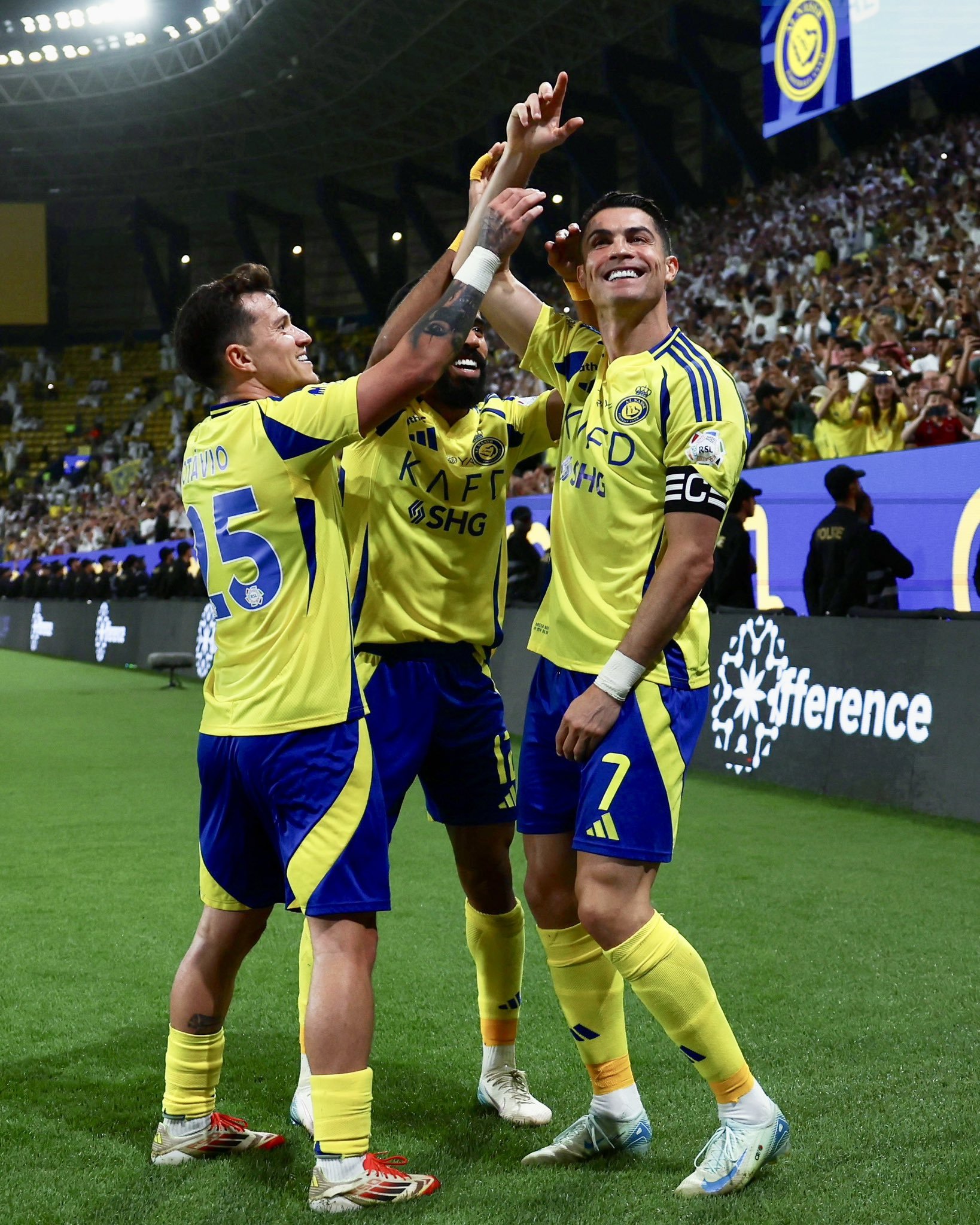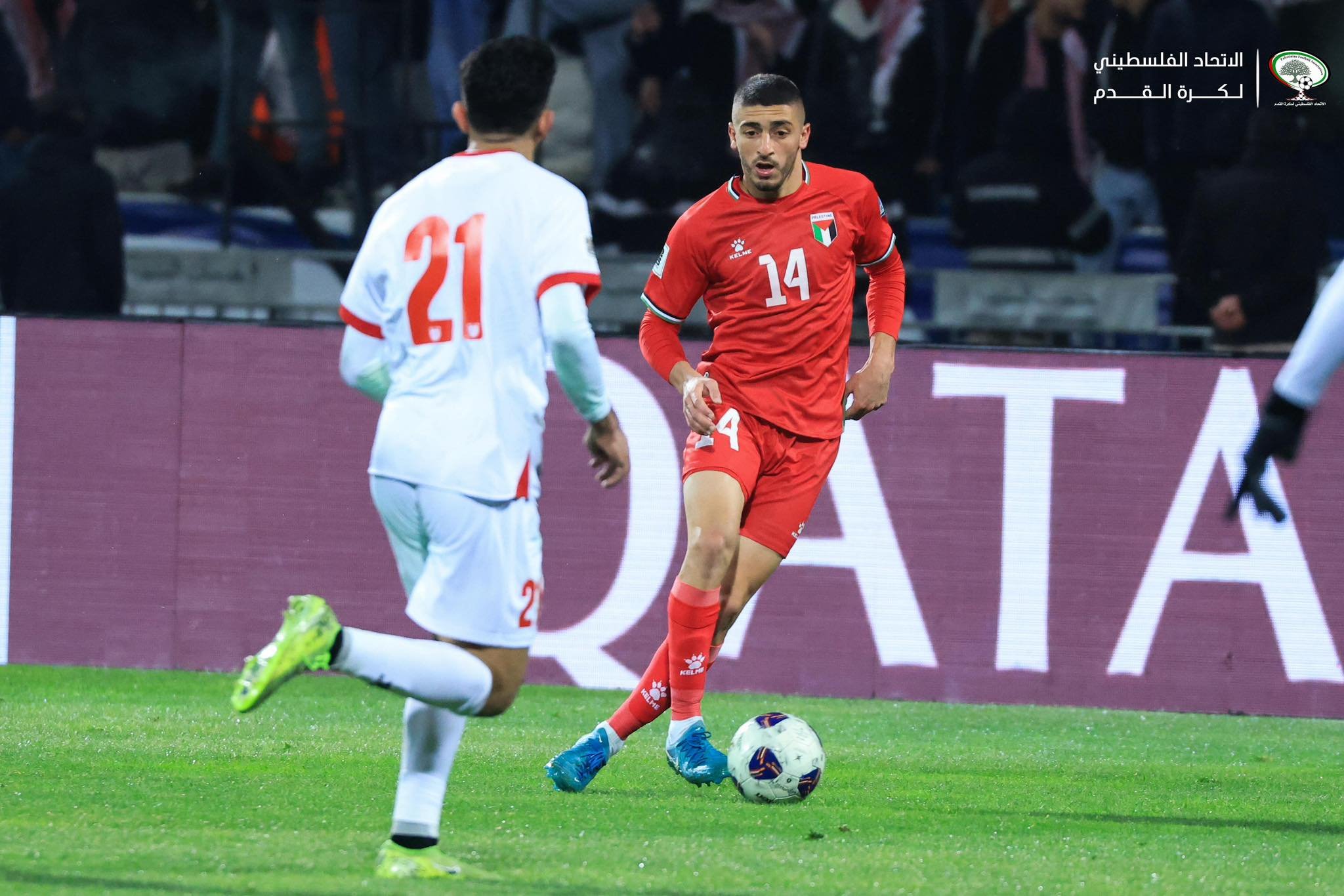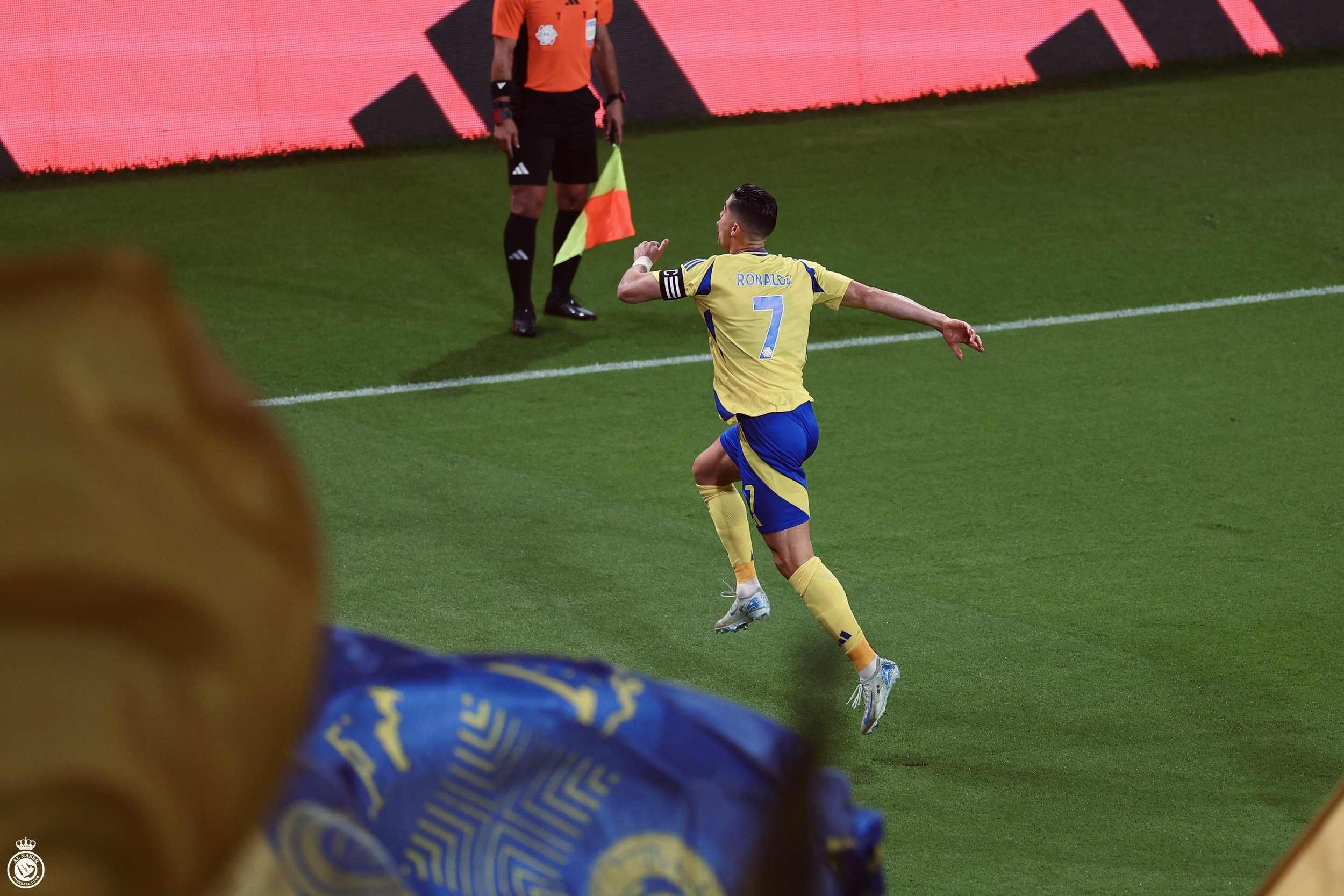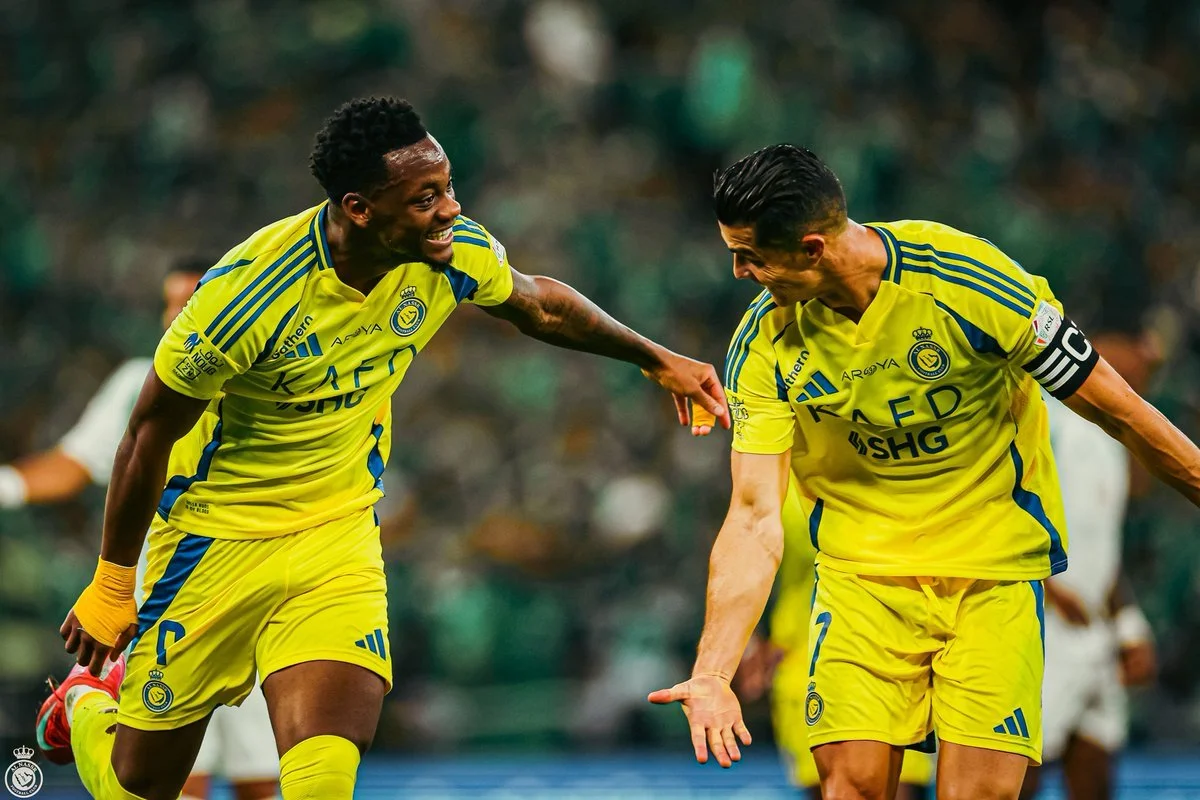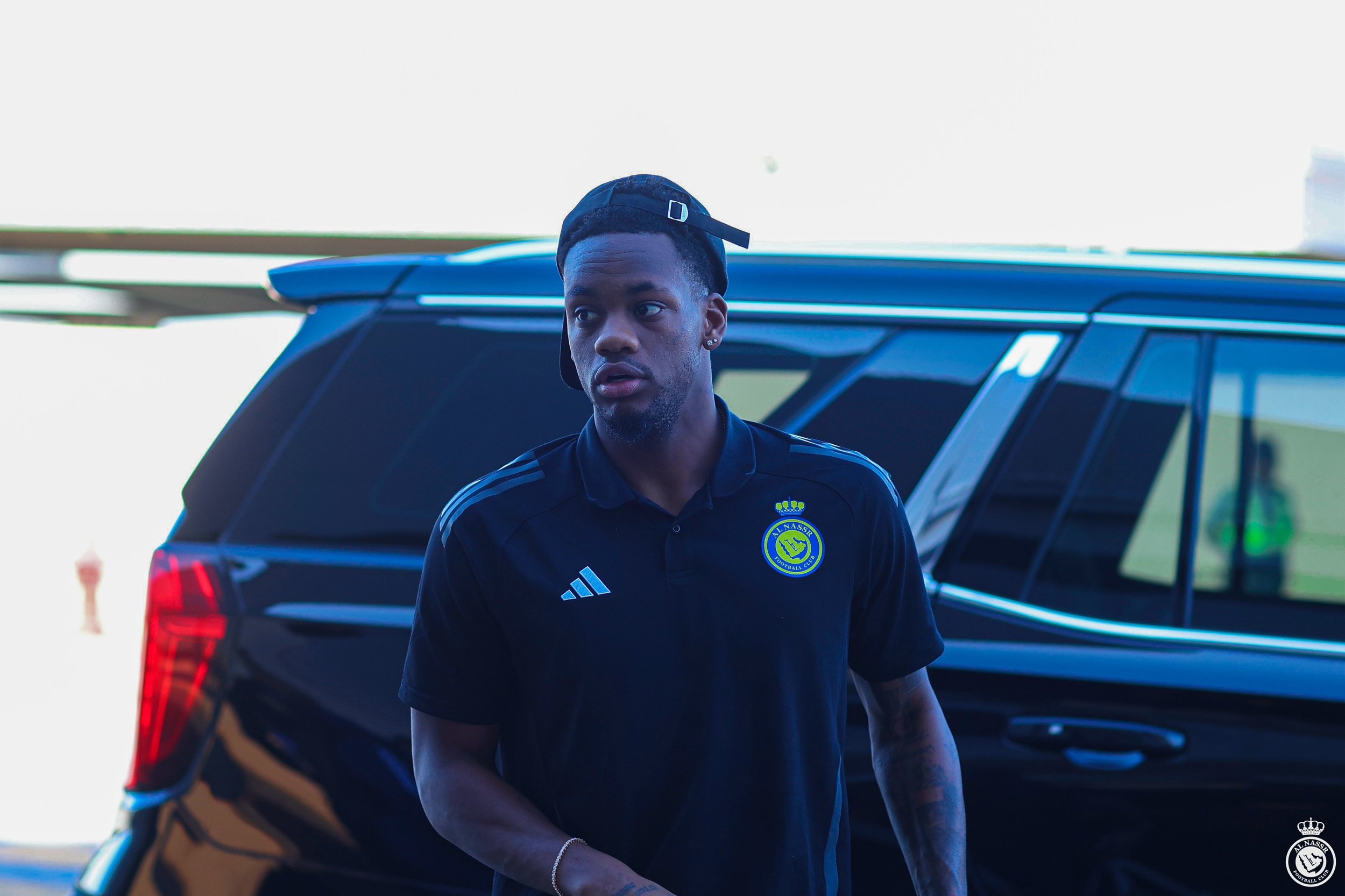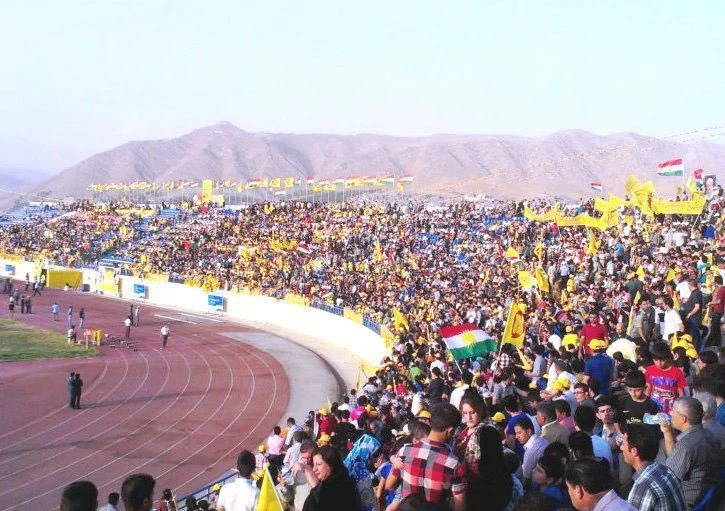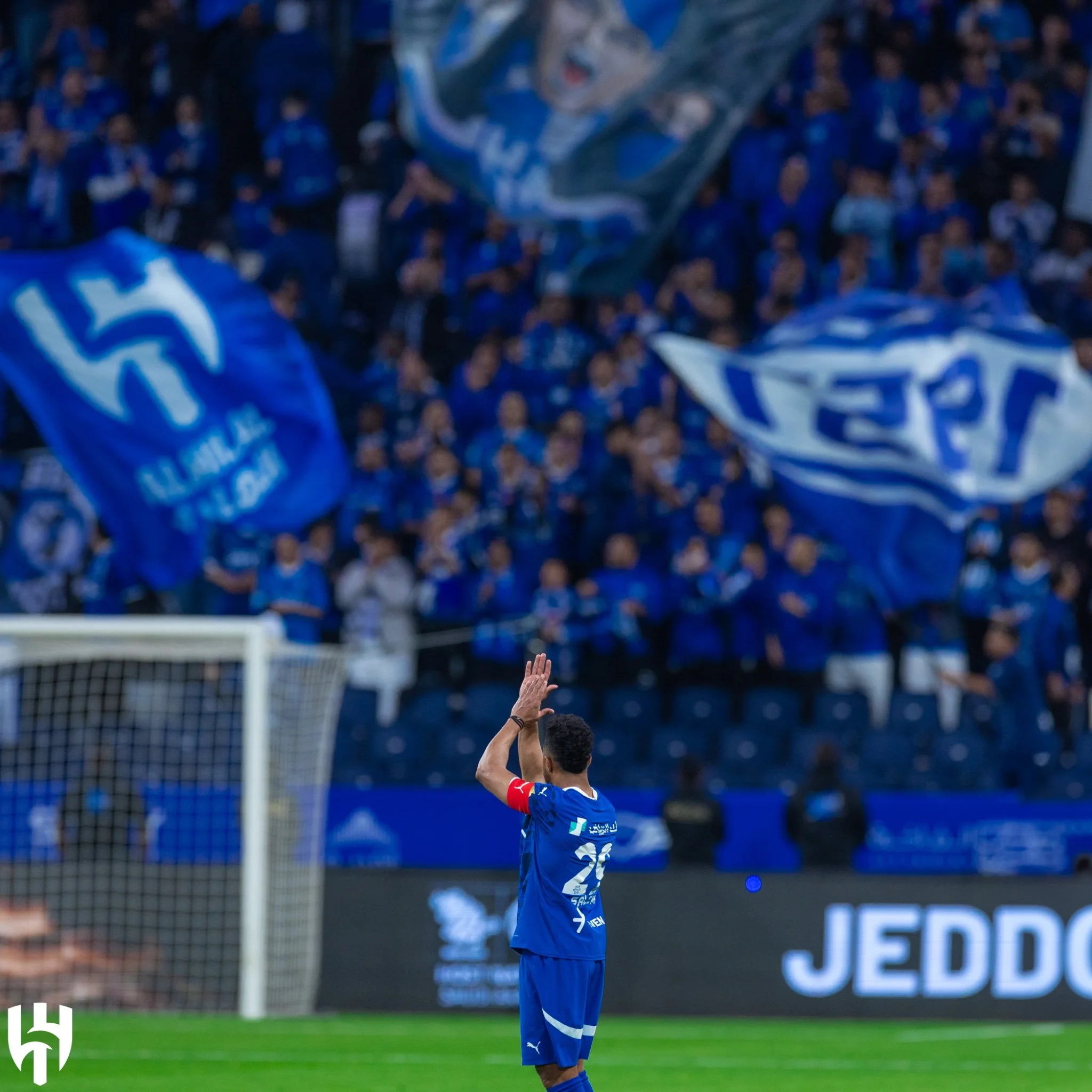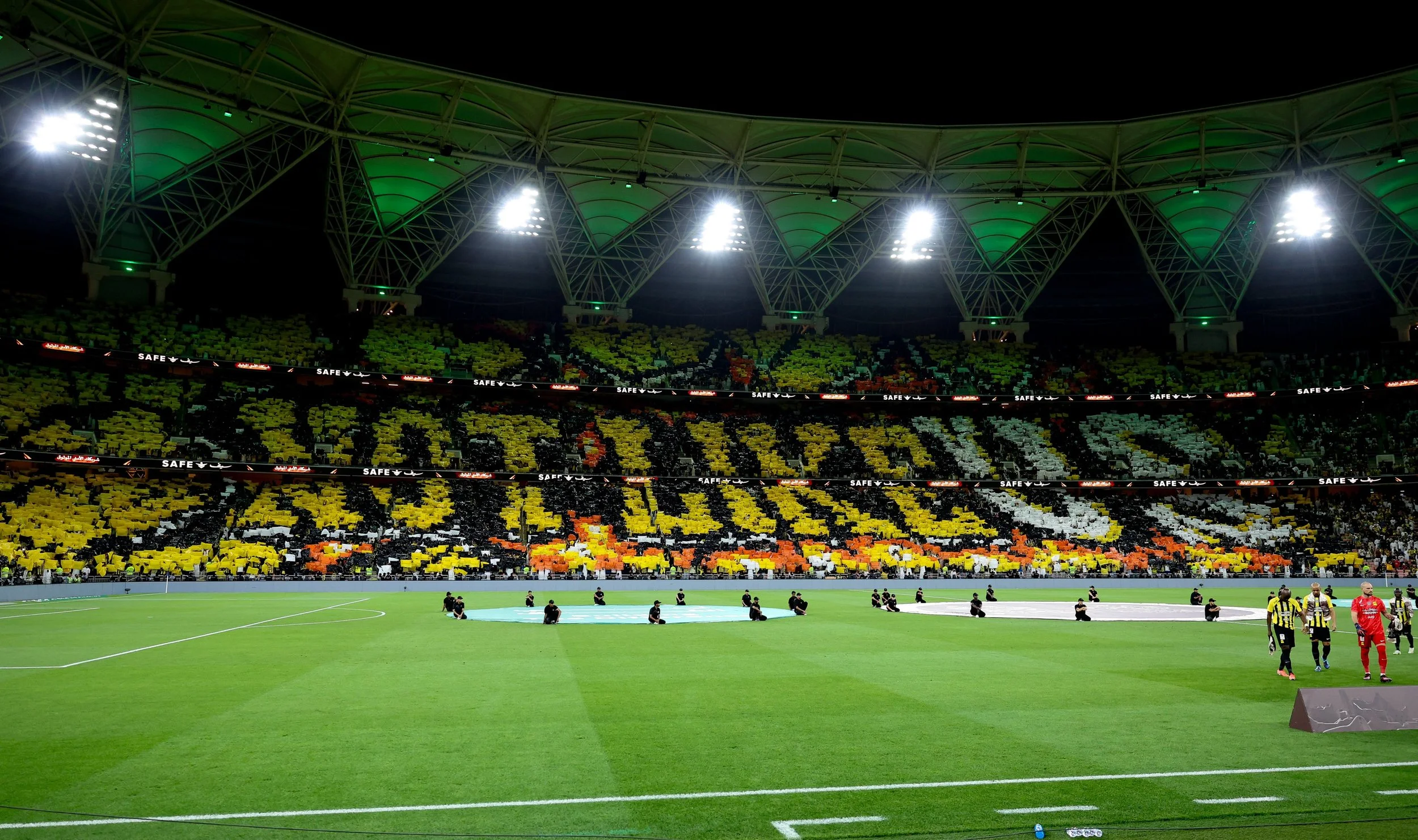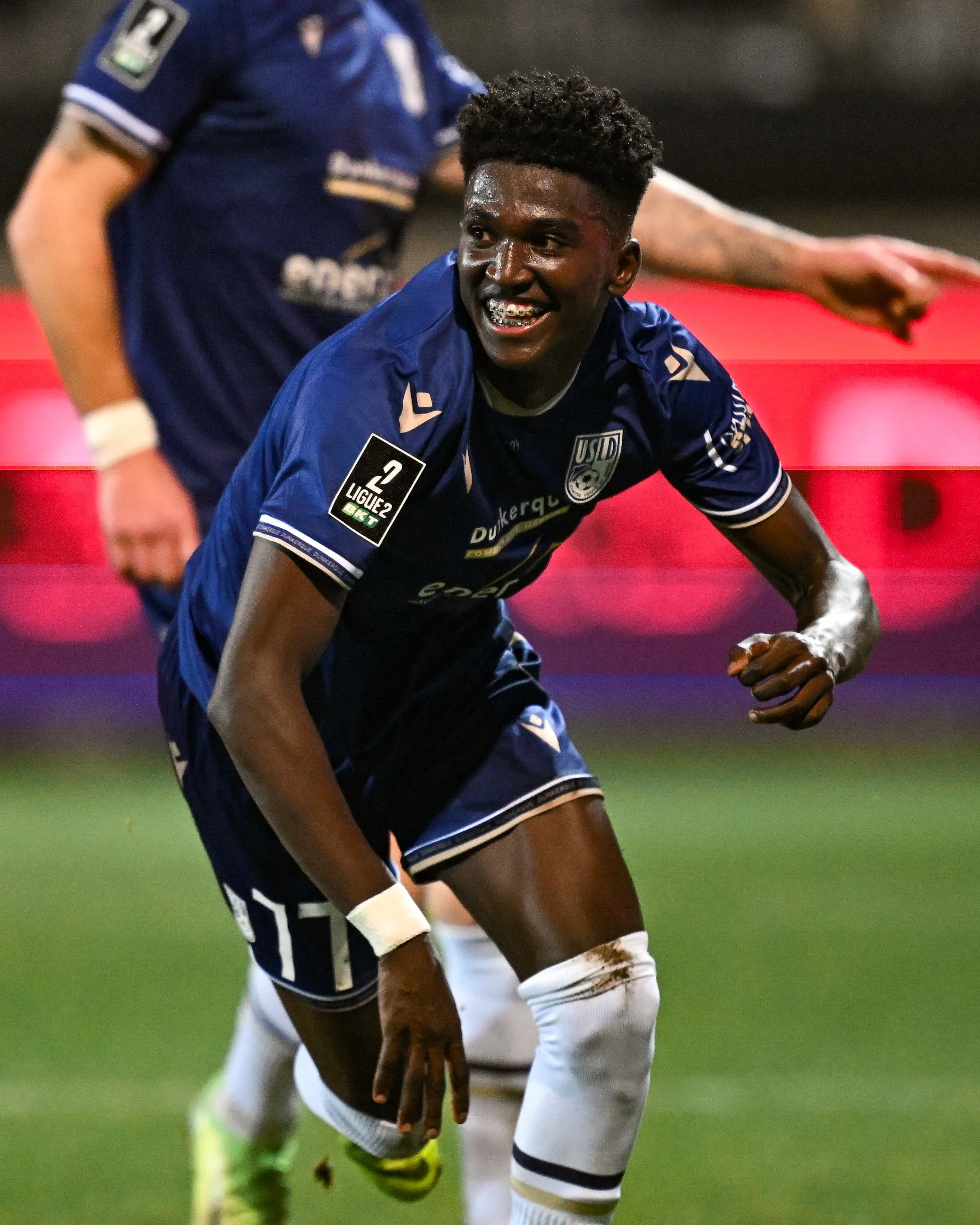After an intense two weeks of football, Japan has started off their 2023 AFC Asian Cup campaign with mixed emotions.
On the one hand, as unpredictable international tournaments can be, it was crucial for coach Hajime Moriyasu to qualify from the group stage. They did just that.
On the other hand, as a favourite to go all the way, Japan also has expectations of perfection.
The team’s 2-1 loss to Iraq on matchday two was seen as a real blemish to their record, as it meant they ultimately finished second in their group - conceding five goals in total.
Much of the criticism was directed towards Japanese goalkeeper Zion Suzuki, who looked shaky and hesitant while conceding a few of these goals.
Suzuki, 21, is making his first appearance in a major tournament, and has previously only played a handful of games for Japan.
His club experience is also quite sparse, with this being his first season as a starter for Sint-Truiden in Belgium.
But unfortunately that criticism wasn’t just aimed at his performance on the pitch.
Things got ugly as racist abuse was directed his way on social media, and the young goalkeeper had to turn off comments on his Instagram page after the 4-2 win against Vietnam.
Moriyasu and the Japanese Football Association (JFA) have condemned the abuse and defended Suzuki in the aftermath of the events.
The coach said he was “ashamed and appalled” and “that such things cannot happen in a diverse world”.
Zion Suzuki was born in Arkansas, USA to a Ghanaian-American father and a Japanese mother.
Soon after his birth the family settled in Urawa, Japan, where Suzuki grew up.
Due to his background, he is considered a “Hāfu” - a Japanese language term used to refer to a person ethnically half Japanese and half non-Japanese.
As a kid, Suzuki immediately fell in love with football, and eventually became a sought-after talent, joining local powerhouse Urawa Red Diamonds and rising through their youth ranks.
In 2020 he made it to the first team, and was a contributor to the team’s 2022 AFC Champions League winning campaign, playing four games.
Additionally, he was the youngest member of the Japan squad for the delayed Tokyo 2020 Olympics, held in the summer of 2021.
Soon his talents started to be recognized in Europe, and in the summer of 2023 he was heavily linked to a prestigious move to Manchester United.
However, after a long and drawn out saga, Suzuki declined a move to England due to his will to play first team football regularly, instead opting for a loan move to Sint-Truiden.
Sint-Truiden, who have been owned by a Tokyo-based internet company since 2017, have become a Japanese influenced team on the field as well.
Many household names in Japan - such as Takehiro Tomiyasu, Daichi Kamada and Keito Nakamura - have made their first European steps with De Kanaries.
It was a very natural step for Suzuki as well, and allowed him to gain experience in a culture and atmosphere that would suit him.
But although he can enjoy a home-like atmosphere in Belgium, it is back home where he has been treated as a foreigner - evident since the start of the Asian Cup.
Life as a Hafu is not always simple in a homogenous country like Japan, and they can occasionally suffer from discrimination and racism.
Perhaps the most famous Hafu athlete is pro Tennis player and Grand Slam winner Naomi Osaka, who was born in Japan to a Haitian-American father and a Japanese mother, moving to the USA as a young kid.
While Osaka’s story is exactly the opposite of Suzuki’s, it is perhaps still a relatable situation.
She has opened up in the past regarding her experiences in Japan as a Hafu.
She told The Guardian of a time she overheard a discussion between two local tennis players, where one said: “Oh, that black girl, is she supposed to be Japanese?’”.
Similarly, a Japanese TV comedy duo suggested she "needs some bleach" because she is "too sunburned”.
Another famous athlete who has had a similar experience is NBA player Rui Hachimura.
In 2021 he said he “receives racist messages almost every day”, after his brother Allen opened up on social media about the racism he endures in Japan.
As Hachimura and Osaka’s careers took off, their popularity in Japan skyrocketed, while also being role models for other Hafu’s around the country.
For Suzuki, it’s only the beginning of his career, and perhaps his performance in the group stage was affected by a combination of pressure and inexperience.
But there is no doubt his story would change fast with a strong showing in the knockout rounds.
On Wednesday, Japan takes on Bahrain in the round of 16, and it will be up to him to stop the likes of Abdulla Yusfu Helal and Ali Madan, to help Japan progress.
The team’s ultimate goal is to win their fifth Asian Cup, and that would be the best way for Suzuki to silence the noises.


